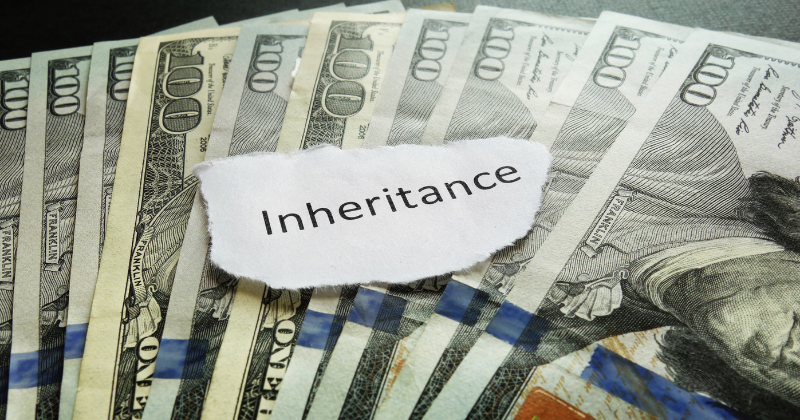
Parents understand that while they may love all their children equally, each child has different needs and requires different types of support from their parents. While raising their children, the phrase: That’s not fair! has probably been heard many times in their home, as what is right for one child is not necessarily the right thing for another child. And as children grow older and become adults, their childhood sibling rivalries often change, but don’t necessarily disappear. Your estate plan and inheritance plans for your children can contribute to continued sibling rivalry after you are gone if one child feels they did not receive a fair or equal inheritance.
Of course, your assets are yours to distribute as you see fit. And what’s fair doesn’t always mean an equal inheritance for your children. Your children had different needs as they were growing up, and you made different financial investments in their For example,
• You may have contributed more financially to one child’s adult expenses such as investing in a business or graduate education.
• One child may have given you grandchildren to whom you have gifted money, while your other children may not have children yet.
• A child may have faced financial difficulties such as divorce or job loss or health issues that resulted in them returning home with your financial support.
Money causes many family fights from childhood and long into adulthood. The last thing parents want is their estate plan and will to cause more family discord after they are gone. Even worse, a child who did not feel they received their fair share could challenge your will, and cause additional stress and costs to close your estate. There are things you can do to prevent your children from feeling they were slighted if they did not receive an equal inheritance.
1. Ask your children what they want to inherit. You may think all your children want to share the family vacation home, and discover only one of them wants the property and the others would rather have a financial inheritance.
2. Explain to your children why you have decided to leave different amounts of money to each child, and how you calculated their inheritance. While it’s your money and you can leave it to whoever you choose, in family inheritances it can help a child feel equally loved if they understand why they received a smaller inheritance.
3. Document an explanation for your decision in your will. Even though you may have discussed your estate plan with your family after someone’s death people sometimes have short memories for what was discussed. Putting it all in writing leaves little questions about your decisions and can prevent legal challenges to your will.
An experienced estate planning attorney can help you create a will or trust that carefully documents both what you want to be done with your assets, and why. Your attorney can also help you explain to your children why you made certain financial decisions, and answer their questions about inheritance. You know your children and internal family dynamics. A fair and thoughtful inheritance plan is as important as an equal inheritance to meet the needs of your children, and your wishes for their future.
An estate planning attorney can advise you on the best options for creating a will and explaining your estate plan to your family. To talk to an estate planning attorney contact the Estate & Probate Legal Group at 630-687-9100. The Estate and Probate Legal Group serves Cook, Dupage, Kane, Lake, and Will counties.